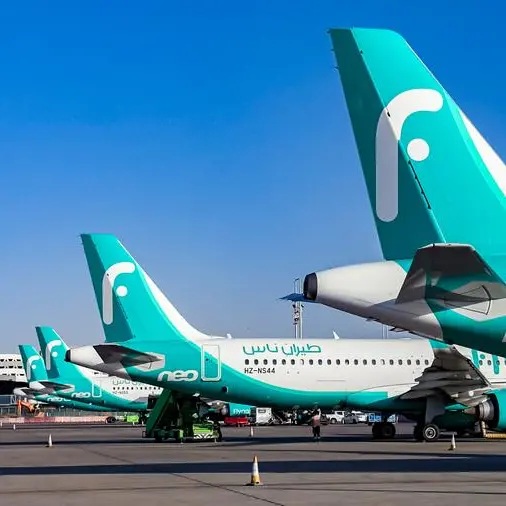PHOTO
Saudi Basic Industries Corporation (SABIC) expects 2024 to be another challenging year for the global petrochemicals industry.
“The global operating rates will not recover to pre-2020 levels,” the petrochemicals major said in its 2023 integrated annual report.
The demand for petrochemicals is expected to rise slightly in Asia this year, but growth in Europe is expected to be limited. Although new capacity additions are still planned, the large wave of capacity expansions will slow down in the coming years.
The report noted that capacity idling or closures by the industry seems unavoidable to increase operating rates from an all-time low. However, Polyethylene (PE), Mono Ethylene Glycol (MEG) and Polycarbonate are expected to gain some momentum this year as the capacity extensions will be more in line with demand growth and operating rates will stabilise or slightly increase.
On the other hand, the polypropylene market will start recovering next year as capacity extensions continue throughout 2024.
The Middle East and the US will remain the largest exporters of PE and MEG due to their cost advantage, the report said.
It noted that the end of 2022 saw the global petrochemicals market in a difficult situation due to the capacity wave leading to the lowest-ever operating rates in combination with weaker-than-expected demand growth with the trend continuing in 2023.
In general, petrochemical prices were relatively stable throughout 2023, although at low levels, and followed feedstock price developments, SABIC stated.
It underlined that Asia fell short of expectations as the economic rebound after China’s lockdowns in the previous year didn’t fully materialise. Since 2020, China has dominated the growth of ethylene and derivatives capacity, which remained high in 2023 but is expected to slow down in the coming years.
(Writing by D Madhura; Editing by Anoop Menon)
Subscribe to our Projects' PULSE newsletter that brings you trustworthy news, updates and insights on project activities, developments, and partnerships across sectors in the Middle East and Africa.





















